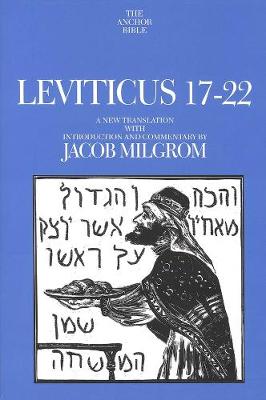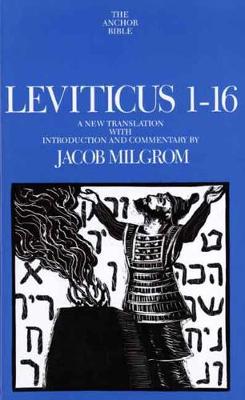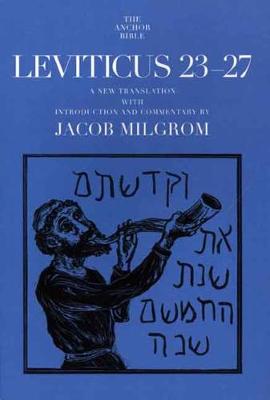Anchor Bible Commentary (YUP)
3 total works
At the beginning of his academic career, author Jacob Milgrom determined to make his lifework a probing study of the Laws of the Torah. Here, with Leviticus 1-16, the first of three volumes on Leviticus, he has reached the pinnacle of his long pursuit. No other contemporary commentary matches Milgrom's comprehensive work on this much misunderstood and often underappreciated biblical book.
In this richly detailed volume, the author traverses the shoals of legal thought and liturgical practice in ancient Israel. He clearly explains the role of the Tabernacle of the Wilderness as the all-important center of Israelite worship, the locus of the priestly orders, sacrificial rituals, and practices of purity to which the congregation repaired for penitence and reconciliation, restoration and renewal. At the heart of the dwelling place of God was the real presence of the God of Israel, present through his splendor in the midst of the camp and the congregation - a permanent sign of the unique privilege and responsibility of Israel, perceived as a worshipping and serving people.
Leviticus 23-27 brings us to the climactic end of the book and its revolutionary innovations, among which are the evolution of the festival calendar with its emphasis on folk traditions, and the jubilee, the priestly answer to the socio-economic problems of their time.
With English translations that convey the nuance and power of the original Hebrew, this trilogy will take its place alongside the best of the Anchor Bible Commentaries.


